Chongqing party secretary Chen Min'er is the man to watch
After nearly five years, Chongqing party secretary Chen Min'er has delivered a good report card in terms of helping to put political blights to rest and making tangible strides in poverty alleviation. Looking ahead, Chongqing is expected to focus on high-quality economic development, whether or not Chen is parachuted out before the 20th Party Congress. Zaobao correspondent Edwin Ong examines the issue.
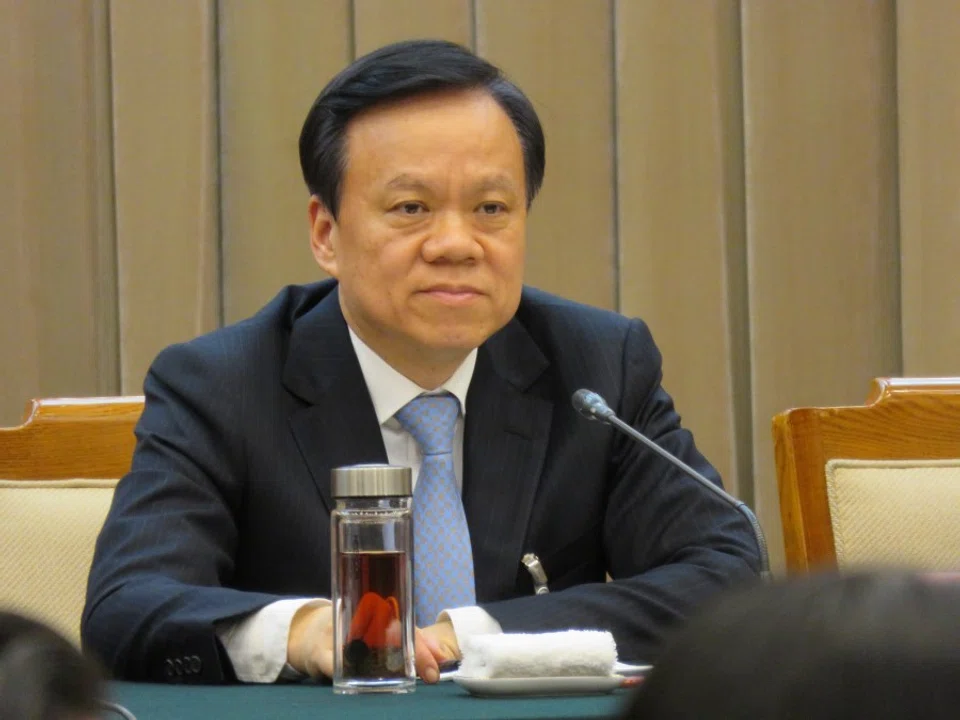
The 6th Communist Party of China (CPC) Chongqing Municipal Congress and investiture was held from 27 to 31 May. Politburo member and Chongqing party secretary Chen Min'er was nominated by the CPC Central Committee and elected as Chongqing's delegate to the 20th Party Congress. Chen was also returned for another term as Chongqing's party secretary and remains a figure to watch.
This year marks 25 years of Chongqing's direct administration by the central government, and ten years since former party secretary Bo Xilai was convicted of bribery and embezzlement. Chen has been at the helm for nearly five years. In his report to the Congress, he described Chongqing's development under his watch as "extraordinary", adding that Chongqing has seen exciting and profound changes.
Chen's comments show that Chongqing's mission of poverty alleviation is officially complete, and it is moving on to the next phase.
Chongqing has gone through three major facelifts in the last five years, namely, transforming its political environment from "polluted" to "clean", pivoting from rapid to quality economic growth, and going from overall to complete moderate affluence. All of this has not come easy.
Ticking all the boxes
These comments are a declaration that under Chen's leadership, Chongqing has met its KPIs in terms of politics, the economy and poverty alleviation.
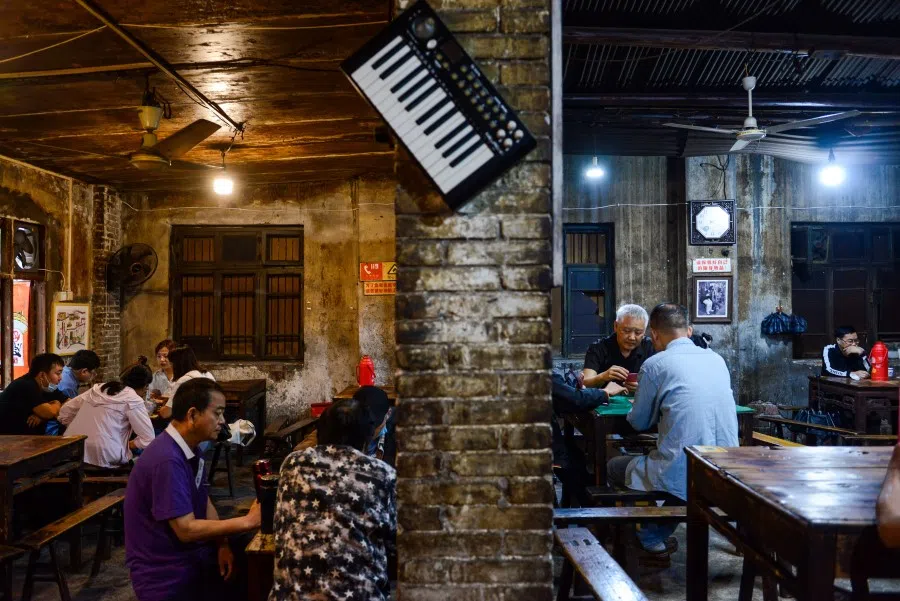
Chongqing came under the central government's direct administration after it was hived off from Sichuan province. Party leaders' main task was to alleviate poverty in the Three Gorges area, and spur economic takeoff in the region. Chen highlighted that Chongqing's GDP has grown by nearly 1 trillion RMB (US$150 billion) over the past five years, with per capita GDP standing at 87,000 RMB. The municipality also won the war against poverty and achieved a moderately affluent society.
As the authorities move towards normalising rural rejuvenation efforts, building on the results of poverty alleviation, Chen's comments show that Chongqing's mission of poverty alleviation is officially complete, and it is moving on to the next phase.
Prior to Chen being deployed to Chongqing in July 2017, the municipality had gone through two political earthquakes within five years. After Bo Xilai was removed in 2012 and Sun Zhengcai was elected to the 19th Party Congress and returned as Chongqing party secretary at the 5th Chongqing Municipal Congress in May 2017. However, Sun came under investigation for political and criminal wrongdoing just two months later and lost his place at the 19th Party Congress.
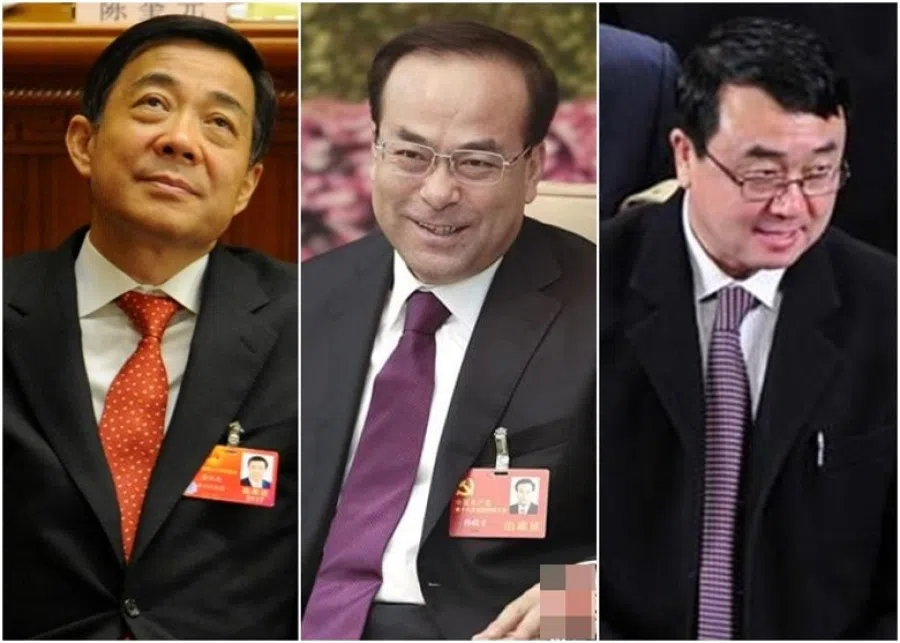
Chen Min'er, who was then serving another term as Guizhou party secretary, was sent by the CPC Central Committee to Chongqing to stabilise the situation and clean up the local government. Indeed, he made it his top priority to "detox" the political scene there as soon as he arrived.
In his report to the Congress, Chen emphasised that Chongqing's political environment has improved over the past five years, with the authorities having thoroughly cleaned up the bad influence of Sun Zhengcai and the residual "toxins" left by Bo Xilai and former Chongqing police chief Wang Lijun (convicted on charges of abuse of power, bribery, and defection), while firmly carrying out the "Two Upholds", namely upholding Chinese President Xi Jinping's core position on the CPC Central Committee and in the party as a whole, and upholding the Central Committee's authority and its centralised, unified leadership.
Chen also credited Chongqing's stellar performance to "Xi's core position on the CPC Central Committee and in the party as a whole"...
This means that over the past five years, Chongqing has met the political standards of the CPC Central Committee in terms of the "Two Upholds", while Chen has gradually cleaned up the mess left behind by Bo and Sun, reversing Bo's misalignment with the CPC Central Committee as well as Sun's incompetence.
Chen also credited Chongqing's stellar performance to "Xi's core position on the CPC Central Committee and in the party as a whole" and Xi being at the helm, evidently signalling his alignment with the Central Committee.
However, the process of Chen's political purges over the past five years has also not been without its twists and turns.
Bold moves that come with a price
Under Chen's leadership, the two police chiefs that came after Wang Lijun - He Ting and Deng Huilin - were both abruptly removed from their positions. Later on, Chen often warned his officials against Deng's corruption scandal, vowing to eradicate the "toxins" left by Bo Xilai, Wang Lijun, Sun Zhengcai and Deng Huilin.
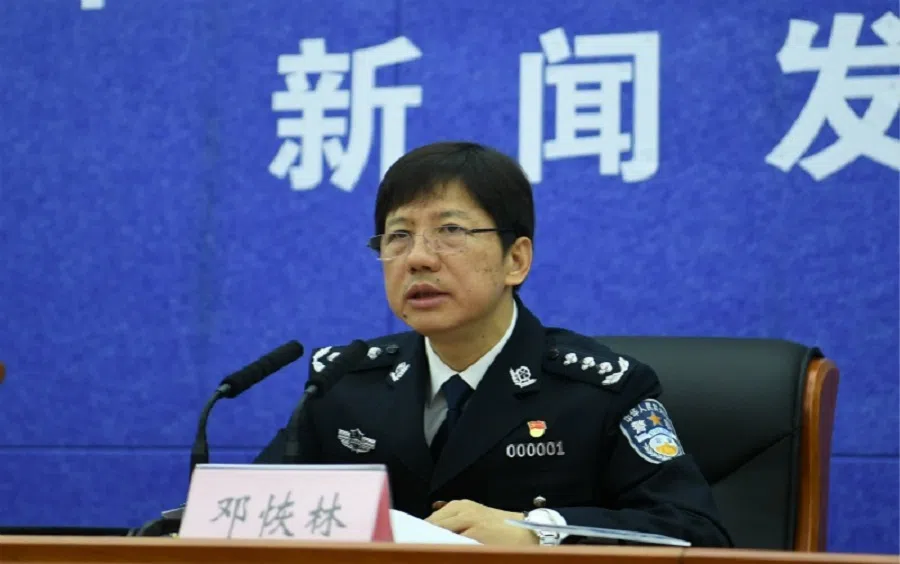
Chen made no mention of Deng's case when he spoke at the Congress, indicating that Chongqing may have turned the page on it together with Sun Lijun's case. That is, Deng's transgressions did not mainly take place in Chongqing and is not a blight on Chen's leadership of Chongqing.
Chen also pointed out some of Chongqing's shortcomings, such as its shortfall in overall strength and competitiveness vis-à-vis other developed Chinese regions; the need to raise the standard of industrial development; and its relatively weak science and technology innovative capacity, all of which have to do with the economy and people's livelihoods.
To address the challenges, Chen put forth 11 key initiatives to be implemented in the next five years. The first three initiatives involve industrial optimisation and upgrading; promoting innovation and development; and cooperating with Sichuan to jointly build the Chengdu-Chongqing economic circle.
High-quality economic development is set to become a major KPI for the region's leaders.
All eyes on the economy
Chen also vowed to significantly strengthen Chongqing in six areas such as the economy and S&T (science and technology). One of the targets set is to cross the 4 trillion RMB mark in terms of regional GDP and to hit an average annual growth of 10% in social investment in R&D. As of 2021, Chongqing's GDP has not reached 2.8 trillion RMB.
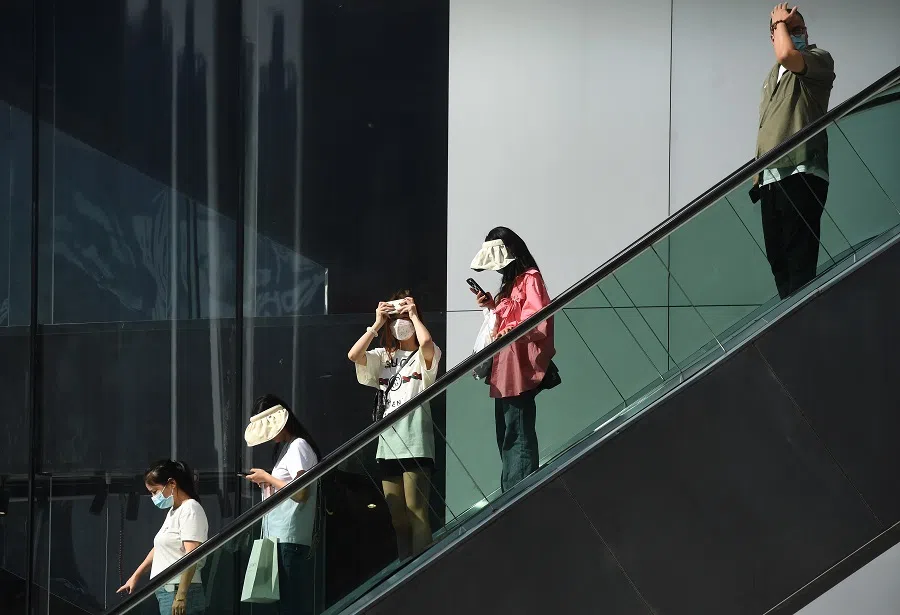
Clearly, Chongqing may shift its emphasis in the next five years from politics to the economy. Greater effort will also go into promoting high-quality development that does not come at the expense of environmental pollution.
But this does not imply that Chongqing has emerged from the political trauma of Bo, Wang and Sun. In terms of his main task to keep the party in check, Chen stressed the need to strengthen political building, resolutely safeguard the "two establishments" (establishing Xi's status as China's "core" leader and establishing his political doctrine), adhere to the "Two Upholds", and to remove the bad influence of Sun Zhengcai and the residual "toxins" left by Bo and Wang.
It is expected that whether Chen is transferred out of Chongqing before the 20th Party Congress or not, this post-60s CPC political star has not only left a political legacy in Chongqing but also set the tone for the region's development in the next five years. High-quality economic development is set to become a major KPI for the region's leaders.
Related: Autumn succession: The main plot line of the 20th Party Congress | Who's who among the new CPC leadership: Enroute to CPC's 20th Party Congress | Prelude to CPC's 20th Party Congress in 2022: Seven new provincial party secretaries appointed | The great reshuffle: How China is changing up its provincial leaders ahead of the 20th Party Congress in 2022


![[Big read] When the Arctic opens, what happens to Singapore?](https://cassette.sphdigital.com.sg/image/thinkchina/da65edebca34645c711c55e83e9877109b3c53847ebb1305573974651df1d13a)


